Publications
Articles, publications, books, tools and multimedia features from the U.S. Institute of Peace provide the latest news, analysis, research findings, practitioner guides and reports, all related to the conflict zones and issues that are at the center of the Institute’s work to prevent and reduce violent conflict.
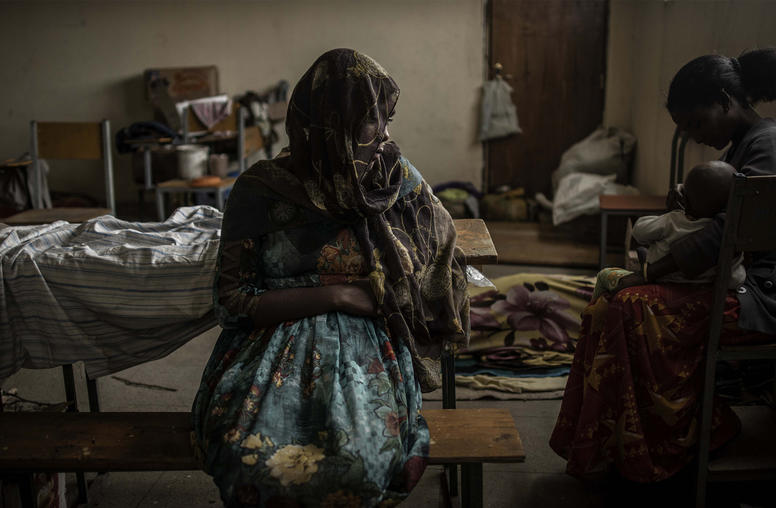
We Have Strategies to Address Gender-Based Violence — It’s Time to Implement Them
Gender-based violence against women and girls is the most pervasive breach of human rights worldwide and a tactical weapon that is fueling violent conflict. In just the last year, we have witnessed an increase in targeted attacks on women leaders, push back against women’s rights, shrinking of civil society space, virulent online harassment, and conflict-related sexual violence all in conjunction with the strengthening of authoritarianism and state aggression. This unparalleled trend is evident in many countries, including Afghanistan, Ethiopia, Iran, Myanmar and Russian-occupied Ukraine.
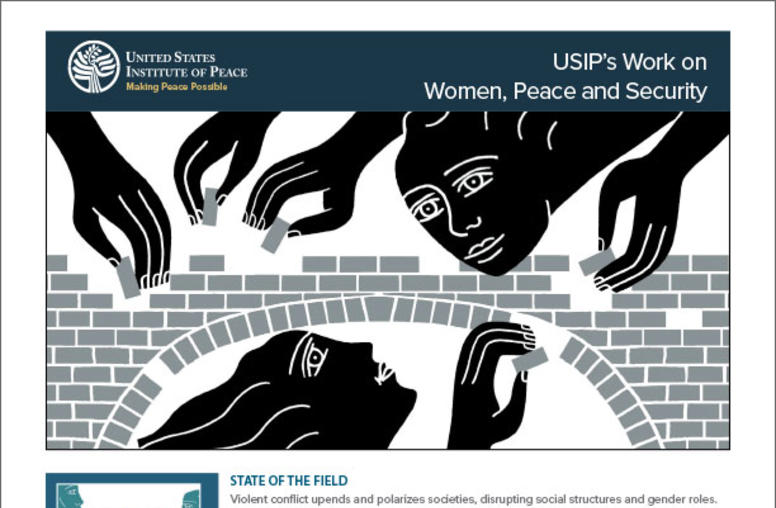
USIP’s Work on Women, Peace and Security
Violent conflict upends and polarizes societies, disrupting social structures and gender roles. Policies and projects intended to assist communities that are fragile or affected by violence are more successful when they consider the different effects conflict has on men, women, boys, girls and gender and sexual minorities.
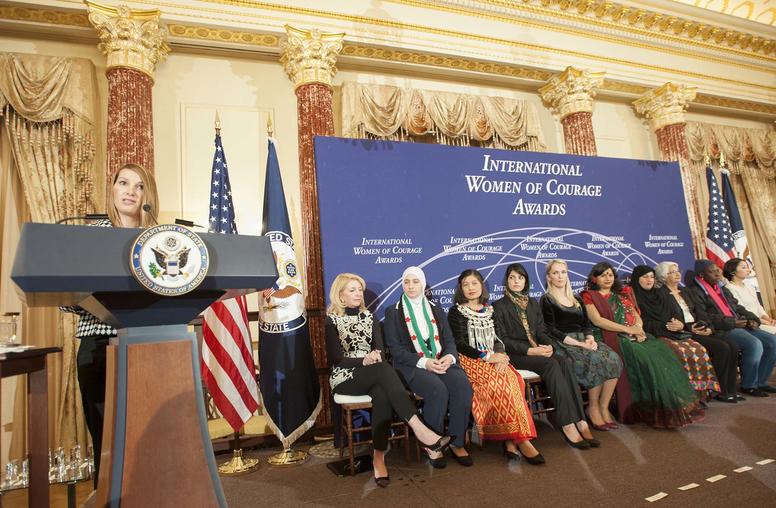
How to Advance a Feminist U.S. Foreign Policy
With the Biden-Harris administration halfway through its pivotal first 100 days, America’s foreign policy is under review. A key consideration should be the role of gender, as the United States is uniquely placed to become a global “gender superpower” by employing a feminist foreign policy. But what does that mean practically? And how can the government address challenges like Yemen’s humanitarian crisis, the Afghan peace process, or broader national security goals by taking into account the perspectives of women and gender minorities? Can the United States use its progress in areas such as the Women, Peace, and Security (WPS) Agenda to emerge as a gender superpower?
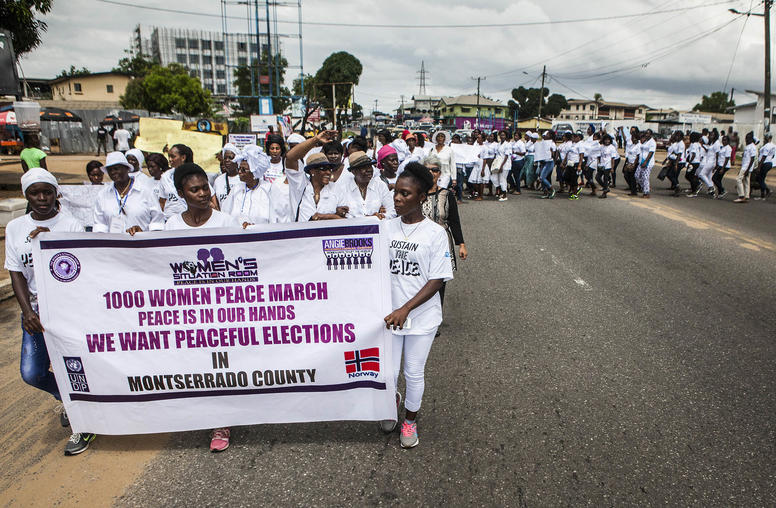
Twenty Years After Resolution 1325: Women Remain Undervalued in Peacebuilding
The COVID-19 pandemic, which has resulted in lockdowns that have led to a global surge in incidents of gender-based violence, has underscored the need for a much broader understanding of what defines security, according to Jacqueline O’Neill, Canada’s first ambassador for Women, Peace and Security (WPS).
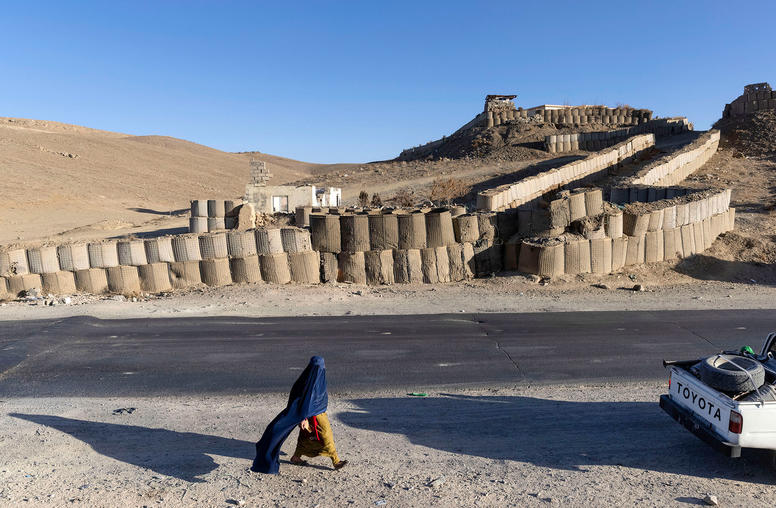
How the Taliban’s Hijab Decree Defies Islam
The Taliban continued this week to roll back Afghan women’s rights by decreeing women must be fully covered from head to toe — including their faces — to appear in public. This follows decrees limiting women’s ability to work, women’s and girls’ access to education and even limiting their freedom of movement. Afghan women are rapidly facing the worst-case scenario many feared when the Taliban took over last summer. While the Taliban justify these moves as in accordance with Islam, they are, in fact, contradicting Islamic tradition and Afghan culture as the group looks to resurrect the full control they had over women and girls when they ruled in the 1990s.
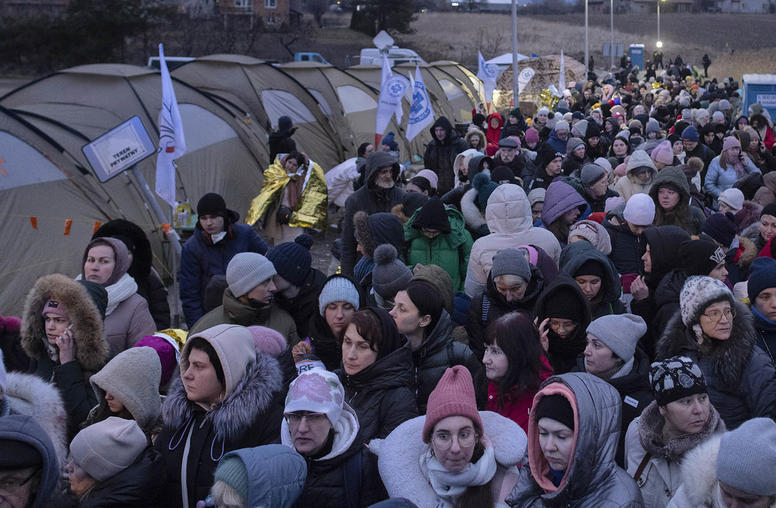
Russia’s War Has Created a Human Trafficking Crisis, Says U.N. Envoy
The humanitarian crisis caused by Russia’s war in Ukraine is rapidly turning into a human trafficking one in which women and children, who make up the majority of the refugees fleeing the war, are being exploited, according to the United Nations Special Representative on Sexual Violence in Conflict Pramila Patten. She said there is an urgent need for a “coordinated regional approach” to what she described as “a crisis within a crisis.”
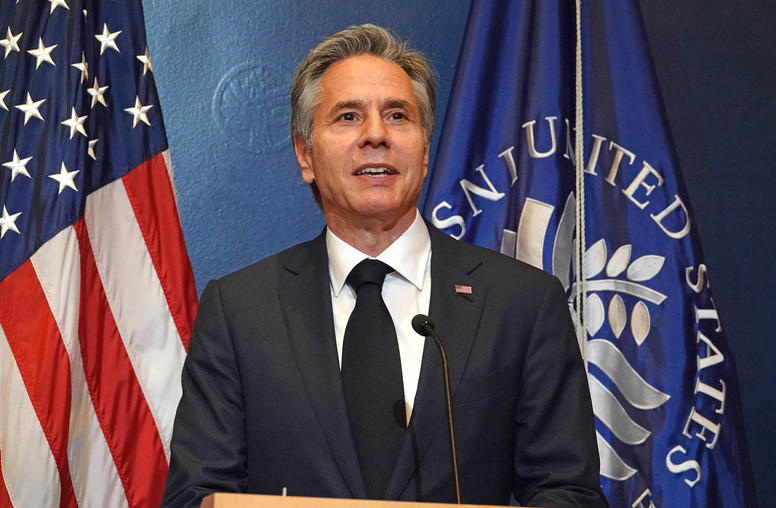
A New Platform for Afghan Women and Civil Society
When the Taliban returned to power last August, many wondered if the previous two decades of progress and change in Afghanistan would temper the group’s previously draconian policies. But despite some initial rhetoric that hinted in the direction of reform, the Taliban have recommitted — rather than reconsidered — their repressive approach to governance. Over the last 11 months, the group has instituted massive rollbacks for women’s rights, as well as pushed marginalized groups further to the periphery in a country mired in economic and humanitarian crises.
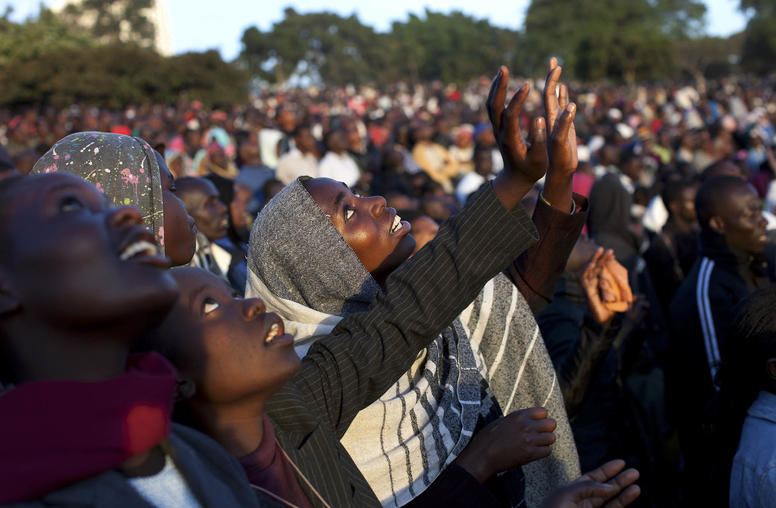
A Kenyan Peacebuilder Explains What’s at Stake in Her Country’s Elections
Kenyans head to the polls on August 9 to vote for president, members of the National Assembly and Senate, and County Leadership for the country’s 47 counties. Elections are an important moment for any country, but the stakes are particularly high ahead for Kenya of Tuesday’s polls. Election violence has been a major issue in previous elections, and there are fears that this vote could spur conflict. Kenya’s next government will face significant challenges. Like many countries in the region, Kenya is suffering from a severe drought, rising debt and inflation, with food prices soaring by 15 percent in the last year. With the largest economy in East Africa, Kenya’s stability is critical for the wider region.
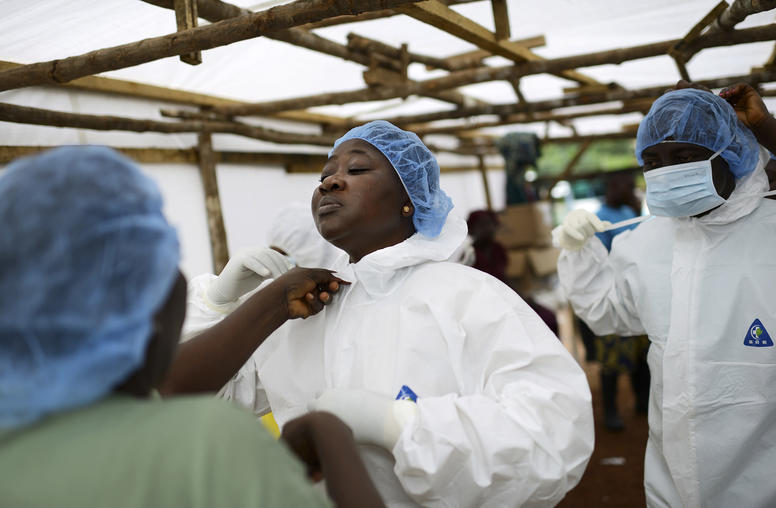
How to Make Women Count in the Response to Coronavirus
As health organizations and national governments seek to stem the spread of COVID-19, it is critical that they understand the gender dynamics in their societies. Efforts to combat the pandemic will only go so far if women and girls are left behind in the process. For example, how can a woman experiencing domestic violence quarantine at home safely? Thankfully, global efforts to integrate women as equal partners in peace and security can provide key lessons in responding to health epidemics more inclusively and effectively.
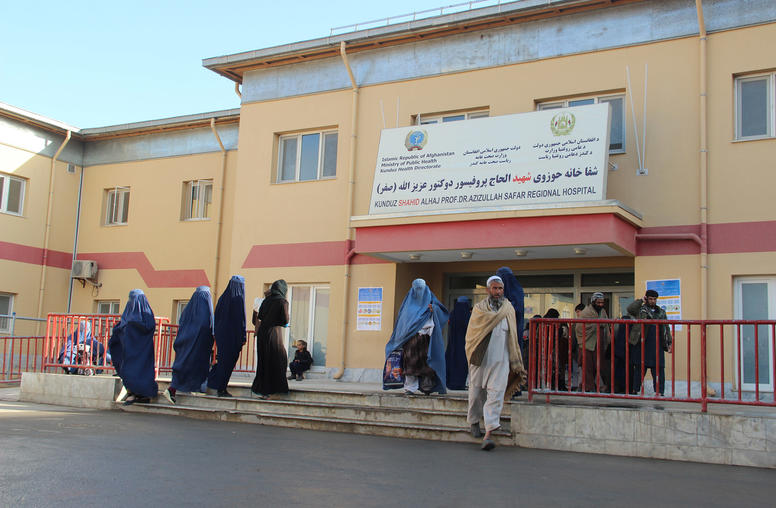
Coronavirus Complicates an Already Dire Situation for Afghan Women
Amid the coronavirus pandemic many countries around the world have reported an alarming increase in domestic violence. Indeed, U.N. Secretary-General Antonio Guterres has called for measures to address the “horrifying surge in domestic violence” linked to COVID-related lockdowns. In Afghanistan—one of the worst countries in the world for women by almost any metric—the lockdown exacerbates the dire situation many Afghan women already face. As the Afghan peace process inches forward amid a global pandemic, Afghan women’s inclusion and input are critical to combatting COVID and building peace.